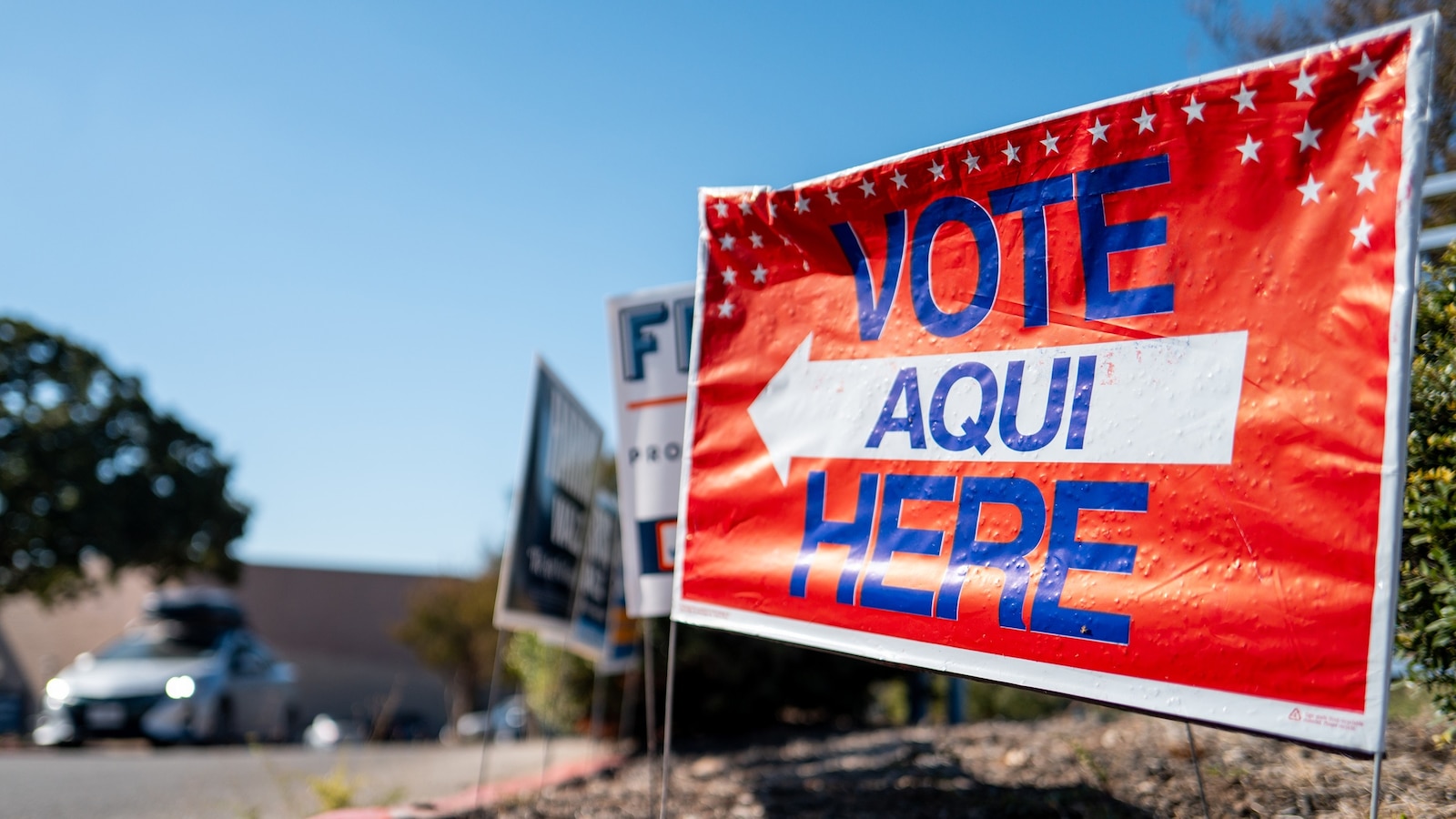Federal Monitoring Tradition
The U.S. Department of Justice (DOJ) has a long-standing tradition of deploying election monitors to assess compliance with federal voting laws across the country, particularly in communities that are vulnerable to discrimination. However, recent actions by some Republican officials have sought to limit the involvement of federal monitors in both federal and state elections.
In Texas, a spokesperson for the Republican Secretary of State announced that federal monitors would not be allowed inside polling locations. Instead, the state plans to deploy its own inspectors at various sites throughout Texas. This move has raised alarms among Texas Democrats, who are urging federal intervention to monitor voting in the state’s most populous counties.
In a letter to the DOJ, Texas Democrats highlighted concerns regarding the urgency for federal monitors, emphasizing the potential impact on minority voters. The letter stated, “Under total conservative control, Texas voters—especially minority voters—are under constant assault for simply trying to exercise their rights.”
Calls for Neutral Oversight
Christian Menefee, Harris County’s attorney and one of the signatories of the letter, criticized the state’s decision to rely solely on state inspectors. He expressed the importance of having “a neutral third party” oversee elections to prevent state officials from intimidating voters. Menefee stressed the need for objective monitoring to ensure the integrity of the electoral process.
Reports indicate that Arkansas and Missouri are also joining Texas in restricting federal monitoring efforts. In Arkansas, a spokesperson for Republican Governor Sarah Huckabee Sanders stated that the state would not permit DOJ poll monitors, arguing that such presence could improperly influence voters. Similarly, Missouri’s Secretary of State has reiterated a firm stance against federal intervention in state elections.
DOJ’s Commitment to Voter Rights
A spokesperson for the DOJ emphasized the agency’s commitment to protecting voter rights nationwide, stating that the Civil Rights Division has historically monitored elections to ensure compliance with federal voting rights laws. The DOJ is prepared to use every available tool to ensure that all eligible voters can cast their ballots and have their votes counted, including deploying monitors where deemed appropriate.
In Florida, federal monitors are allowed to remain outside polling places but are prohibited from entering. The Florida Secretary of State previously indicated that federal monitors’ presence inside polling places could undermine public confidence in the electoral process.
Implications for Upcoming Elections
The decisions made by these Republican-led states come as the nation prepares for a crucial election cycle. With the DOJ maintaining its stance on monitoring and enforcing federal voting laws, the dynamics between state and federal authorities are set to be closely scrutinized as the election day approaches.

